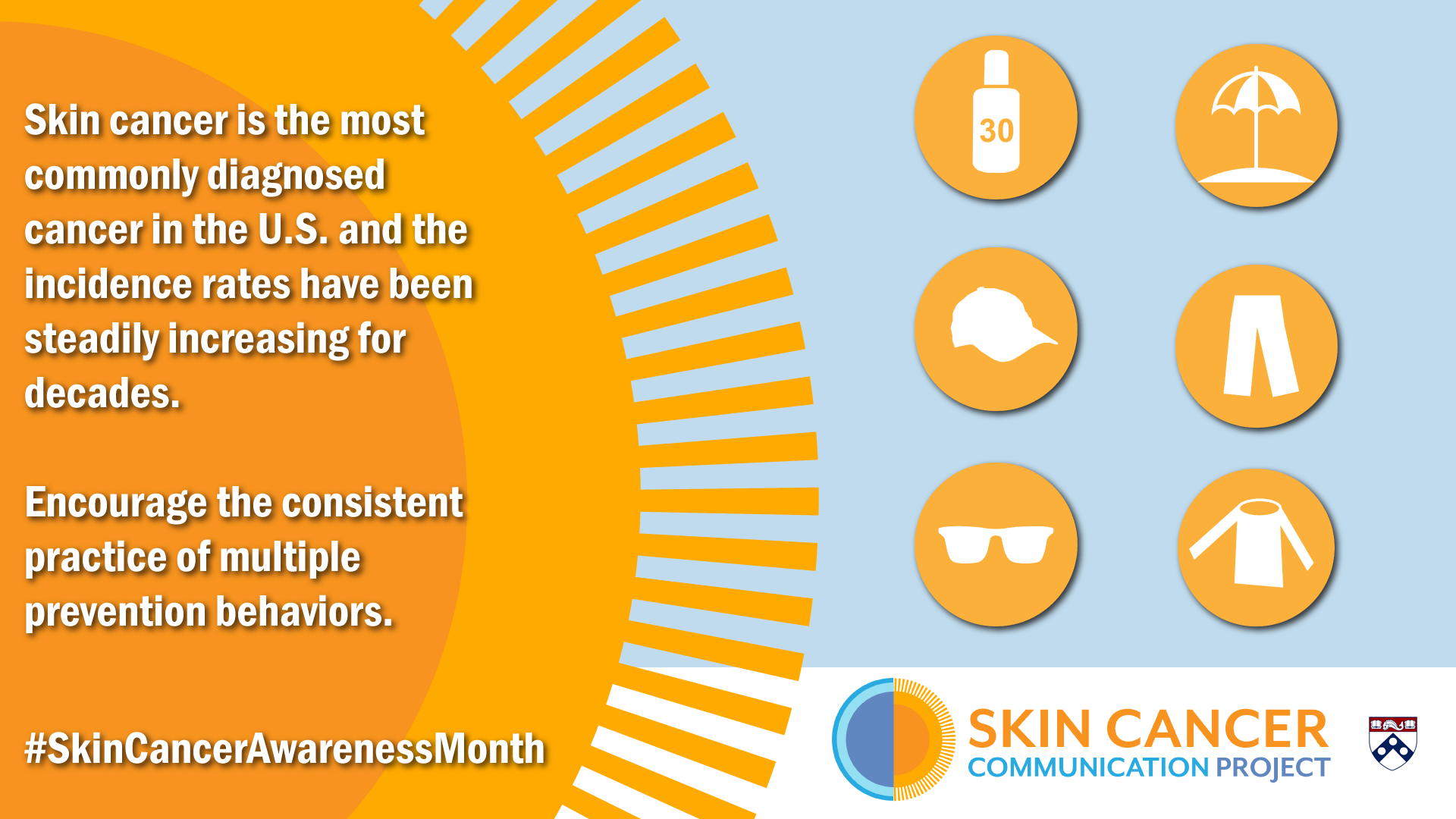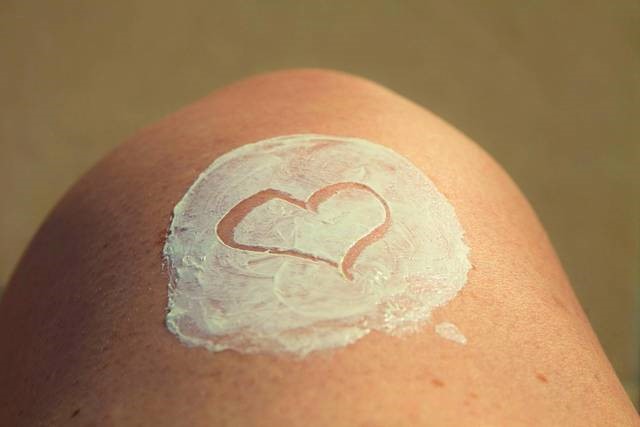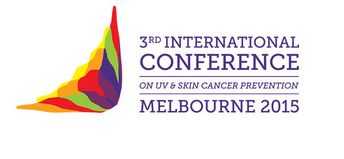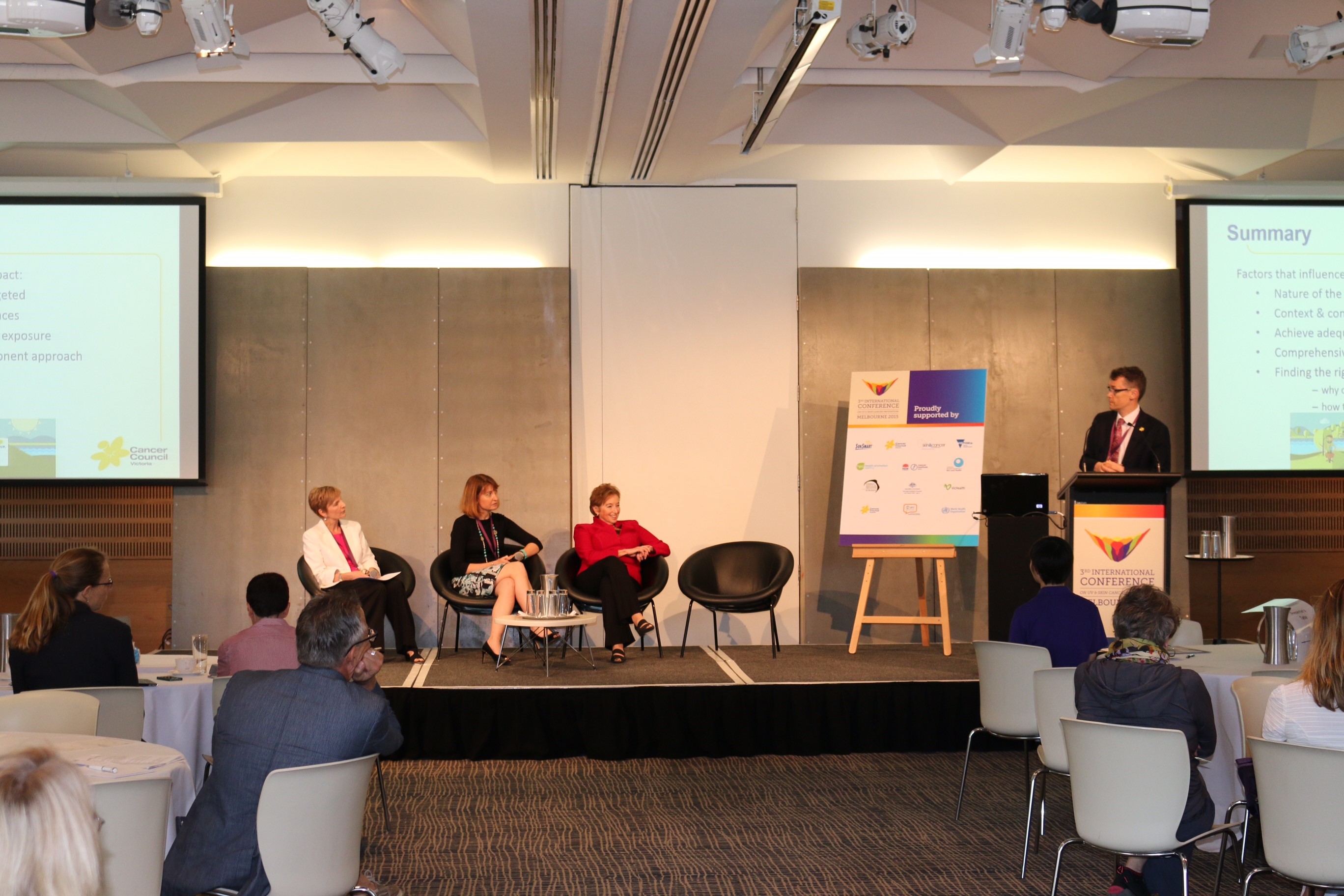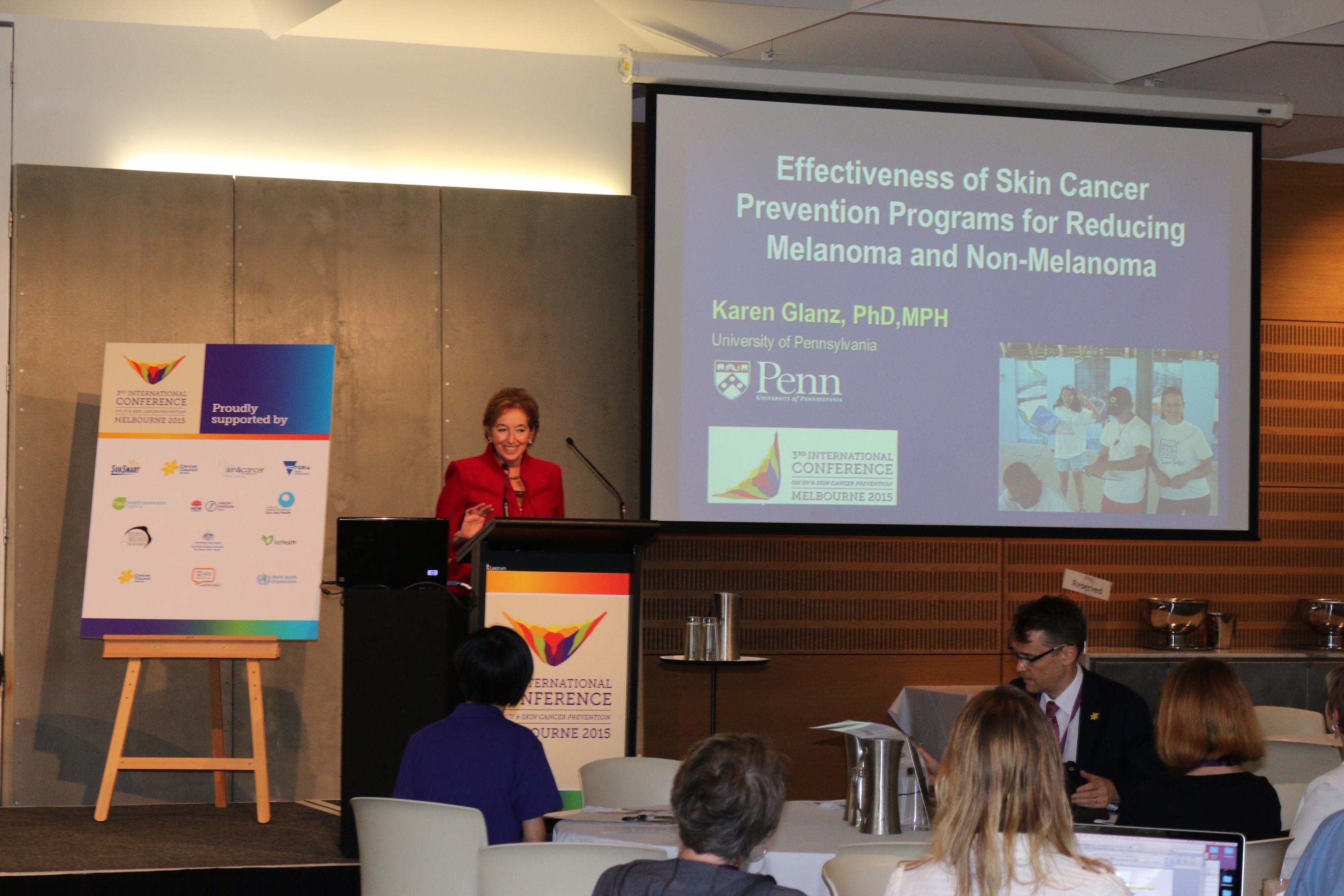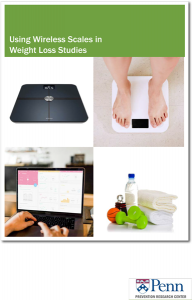A review of the effects of UV filters on the environment and human health
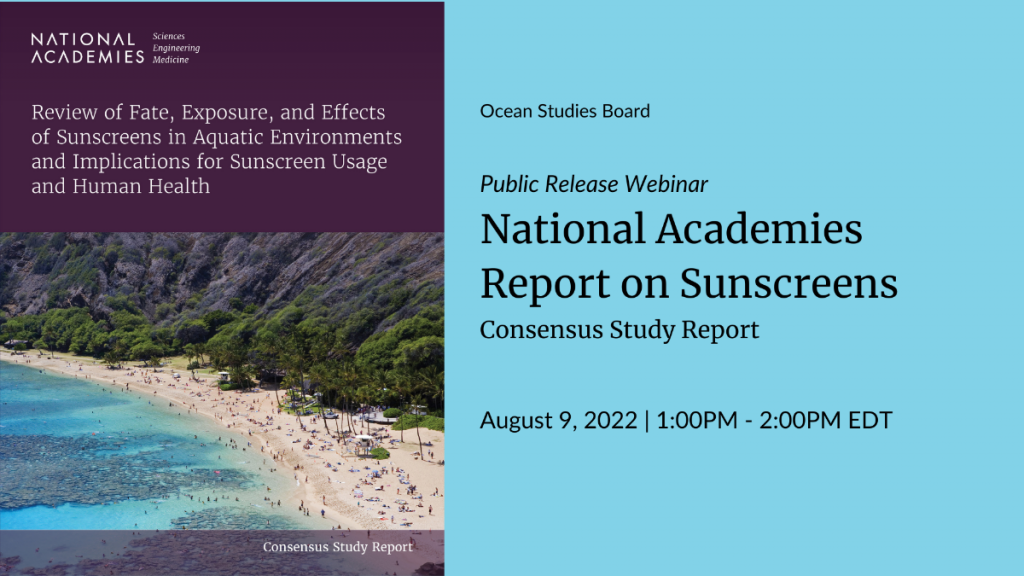
The National Academies presented a public release webinar of a new report on Tuesday, August 9 from 1:00pm to 2:00pm EDT. The report, Review of Fate, Exposure, and Effects of Sunscreens in Aquatic Environments and Implications for Sunscreen Usage and Human Health, calls on the U.S. EPA to conduct an ecological risk assessment of UV filters to characterize possible risks to aquatic ecosystems and the species that live in them. The report contains information useful for such an assessment. It also describes the role of sunscreens in preventing skin cancer and what is known about how human health could be affected by potential changes in usage. The committee chairs shared key takeaways and responded to questions during the webinar.
For further details about the study, visit the project webpage.
UPennPRC and CHBR director and UPenn DBEI faculty, Karen Glanz, PhD, MPH, is on the committee. Dr. Glanz addressed the impact of UV filters on human health and stated the many factors involved, including correct application of sunscreen and the use of other barriers such as rash guards. Read the article on the report that she co-authored for The Conversation, here.



